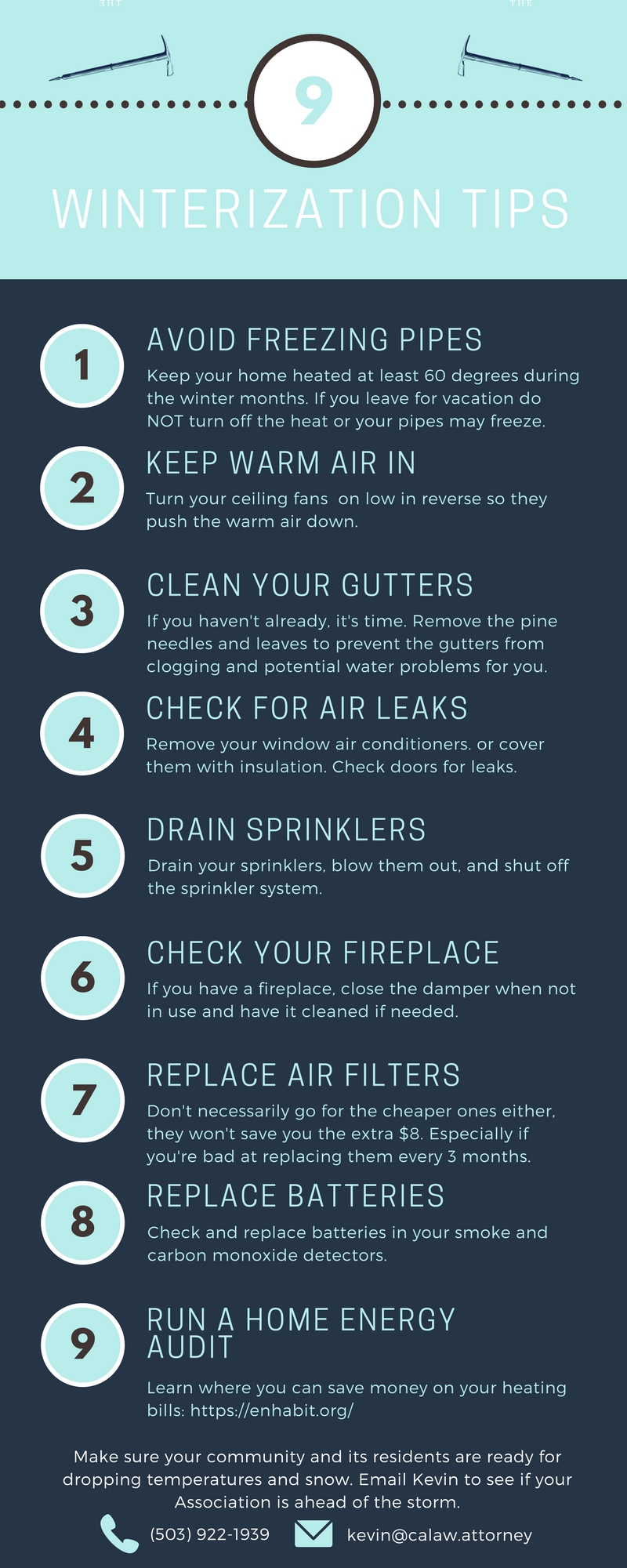Consider the following disclaimer on a law firm’s website:
Material contained herein is not offered as legal or any other advice on any particular matter. Material included here is for informational purposes only and is not necessarily an indication of future results. Transmission of this information is not intended to create, and receipt does not constitute, an attorney-client relationship between a lawyer and the user or browser. No client or other reader should act, or refrain from acting, on the basis of any matter contain in the Law Firm Home Page without seeking the appropriate legal or other professional advice on the particular facts at circumstances at issue.
Huh? It’s difficult to read and understand. The following disclaimer, in plain English, accomplishes the same result:
Our website is for information only. We can’t give you legal advice through our website, and we can’t guarantee you a certain result. So don’t rely on anything on this website as legal advice.
Visiting our website does not make you our client. If you have a legal problem, see a lawyer and get legal advice for your specific problem.
Lawyers are known for being verbose, using legalese, and not explaining legal concepts in a way that most clients can understand. There are many reasons for this. One reason is tradition. Lawyers read legalese throughout law school and believe they are obligated to follow the same style. Another reason is that some lawyers believe that if they use lots of complicated words, they will sound smart. But at the end of the day, using complicated jargon doesn’t help the reader.
Governing documents in community associations are laced with legalese. Many resolutions start with “Whereas”. What does “Whereas” mean? How does it help? And why is it necessary? The short answer is that “Whereas” is an archaic term that many drafters believe gives a sense of authority. It doesn’t. The use of that term is unnecessary and mucks up the document.
Here’s a paragraph taken from a community association’s enforcement resolution:
BE IT FURTHER RESOLVED, if proof of insurance is not provided within thirty (30) days as required above, the Association shall notify the Unit Owners they are in violation of this Resolution and, after a, hearing and an opportunity to be heard, will be subject to a fine in the amount of Fifty Dollars ($50.00) per month which will increase to $75.00 for sixty (60) days and $100.00 for ninety (90) days and continuing to increase an additional $25.00 thereafter for each additional thirty (30) days proof of insurance has not been provided to the Association pursuant to Article 8(f) of the Code of Regulations and Section 3302(a)(l 1) of the Act[.]
There are several problems with this section. First, why is “BE IT FURTHER RESOLVED” necessary? It’s not. Second, how many times do you have to read the language relating to fines to actually understand the amount of the fines? Lastly, the authority cited in the final portion of the paragraph is cited twice in the resolution prior to this paragraph. Is it necessary to cite the association’s authority to do something three separate times?
Here’s the same paragraph re-written in plain English:
1. Owners must provide proof of insurance within 30 days. After notice of the violation and an opportunity for a hearing, the Association may fine Owners who do not provide proof of insurance. The initial fine is $50. After every 30 day period the fine will increase by $25 until proof of insurance is provided.
Much easier to read, isn’t it?
Granted, there are some legal concepts or words that have no plain English equivalent. However, when drafting rules, regulations, and policies, consider the reader’s ability to easily comprehend and understand what you are attempting to convey. And as always, have a qualified attorney review any governing documents prior to adoption.







